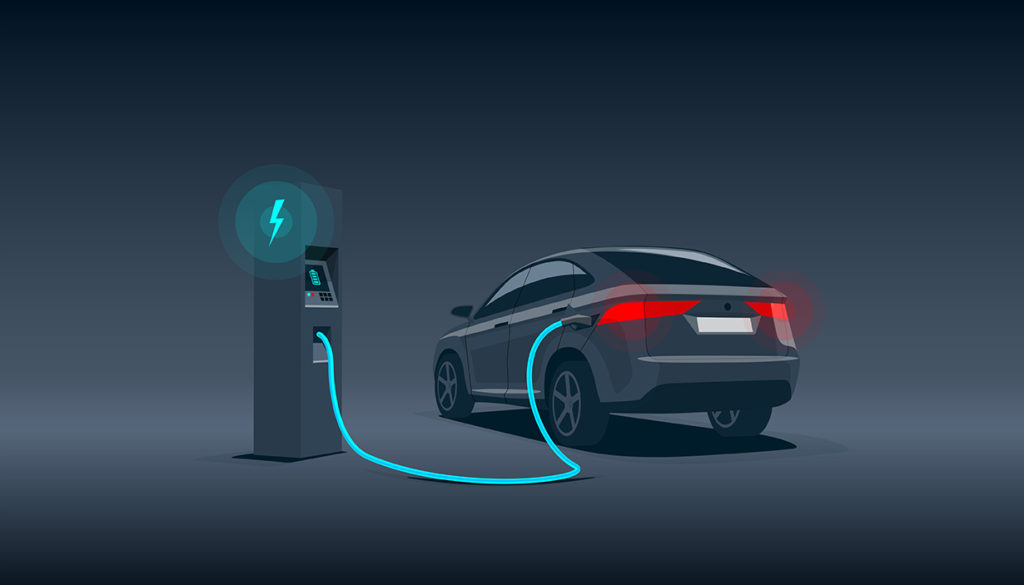The used car gold-rush is over for some, for others it is just the beginning. If you’ve been reading the Plan Insurance Brokers blog during the pandemic, you’ll know that used car prices have been rising without sign of stopping. Well, that trend has come to an end, but only for certain kinds of used cars. The fuel shortage has made the prospect of a second-hand fuel-guzzler slightly less appealing. According to Car Dealer Magazine, electric car prices have risen twice as much as the average used car last month.
If your business buys, sells, repairs or modifies vehicles then Plan Insurance Brokers can source a tailored Motor Trade insurance policy for you. If you have any more questions or would like a quote call our expert team, request a call back or fill in a quote form.
In times like these, Alternative fuel sources seem more attractive than ever.
Fuel Supply Issues Are A Sign That The Internal Combustion Engine Is Not Long For This World
Although electric vehicle purchases were already rising, a huge surge can be attributed to fuel supply chain issues. The lack of used cars to fill demand has also meant that retailers are turning to EVs to fill the gaps.
People need cars, and forecourts are always better full than empty.
Dealers are exclaiming with pleasant surprise that electric vehicles are selling like hotcakes. In particular, reports show that electric vehicles aged between three and five years are popular, as they are more affordable.
The 5 Top Second-Hand EVs
- Nissan Leaf (up 10.3%)
- Peugeot Ion (up 4.5%)
- BMW i3
- Smart FourTwo electric
- Volkswagen Golf Electric
Electric Cars Only Work If Charged. Is the Government Taking Enough Action?
Electric cars are only the best choice if they are a viable option for motorists. This means on-street charging ports for those without their own driveways. Local authorities should be rushing to increase easy access to public charging points as electric vehicles fly out of forecourts.
There are about 27,000 public charging points already in operation in the UK. There are plans to install another 10,000 on-street electric car chargers in England across West Sussex, Kent, Coventry and Cambridge. New points will also be fitted in Milton Keynes and Plymouth. The government has put £2.5 billion towards electric vehicle grants and the development of EV infrastructure. The contracts have been awarded to charging start-up Connected Kerb.
A survey by DevicePilot, a monitoring and service provider for EV charge point operators, received feedback from 216 councils. This represents 70 per cent of authorities. The responses revealed that 52% of authorities made no investment in new devices over the last 12 months.
Around 60% admitted receiving complaints about poor charging infrastructure in the same period. Constituents have taken issue with a lack of chargers in their regions as well as with existing chargers being faulty. Councils are already spending a total of £5.6million of their budgets on device maintenance each year.
The Government also announced this week that it will mandate for all new build houses to be built with an EV charging point included in the property specification.
The Demise of Diesel or the Rise the Electric Car
In a stunning prediction, The New Scientist says that 2022 will be the first year where sales of electric cars will exceed the sale of diesel cars. EVs will reach a market share of roughly 10% whilst diesels will continue to slide from their current 16% share.
Latest vehicle sale stats show the electric car market continues to boom. Sales of EVs increased by 186% in 2020. There are now an estimated 345,000 electric cars on UK roads as well as 657,000 plug-in hybrids. This is around 2% of all UK cars.
Electric Vehicles Will Soon Just Be The Norm
EVs are essential for meeting air pollution and climate change goals, many of which were made official during the COP26 climate summit in Glasgow recently. Because of this, governments should be moving heaven and earth to make electric vehicles a practical reality for UK motorists.
Concerns have been raised that the rate of public charge point installation needs to increase dramatically. The Committee on Climate Change (CCC), an independent body that advise the government, has estimated that around 280,000 charge points will be required by 2030. This means that an average of over 30,000 charge points would need to be installed each year. To put this in context, a little over 20,000 existed in the UK at the end of last year.
Academics believe that by the middle of this decade, electric vehicles will be bigger than the internal combustion engine. It will be cheaper and more practical too. Overtaking diesel is a big achievement, but EVs won’t see petrol cars in their rear-view mirror until at least 2024.
After that, with the incoming 2030 ban on new petrol and diesel cars, drivers in vehicles powered by anything other than electric will start to become the exception. Let’s hope they can get easy access to a charger!


